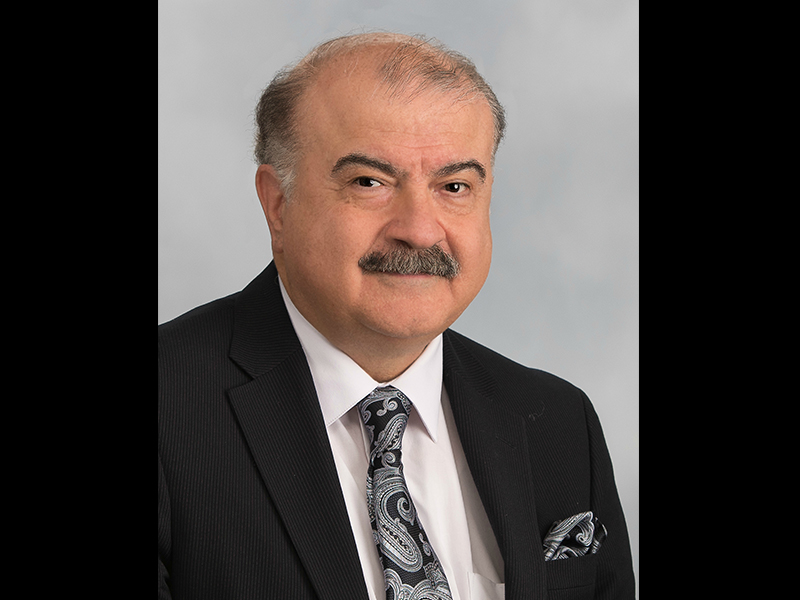
A surgery quality improvement program is being piloted for Samaritan Health Services at Samaritan North Lincoln Hospital (SNLH). The goals include preventing surgical complications, saving lives and reducing costs.
Last year, the Lincoln City hospital enrolled in the American College of Surgeons quality initiative called NSQIP (National Surgical Quality Improvement Program). SNLH is one of only 10 hospitals in Oregon participating in the program.
The program is the first nationally validated, risk-adjusted, outcomes-based program to measure and improve the quality of surgical care. It provides tools, training, customization options and meaningful data to support surgery quality improvement efforts. In addition, many hospitals use the program to empower their surgical teams to work effectively together to improve the quality of care.
“The structured data-sharing can raise awareness about issues that might otherwise go unnoticed and can help hospitals identify glitches and system inadequacies before problems arise,” explained Lesley Ogden, MD, Chief Executive Officer of Samaritan’s two coastal hospitals.
To date, reporting for SNLH has been encouraging, said general surgeon Ali Khaki, MD, who is leading the pilot program for the hospital. In 2014, Dr. Khaki was elected chair of the Oregon NSQIP Collaborative. In 2016, with the help of other hospitals in the collaborative, he helped form the Northwest NSQIP collaborative for the northwest region of the United States.
“SNLH has leveraged the collaboration with the other 800 hospitals in the program by analyzing occurrences in patient care and working to avoid any adverse outcomes that may occur,” Dr. Khaki said. “By focusing on these measures, we have achieved improved outcomes. These achievements were recently reflected in the ACS semiannual report which showed our results are in line with the other hospitals in the program.”
As the resident expert on NSQIP, Dr. Khaki holds regular meetings with the surgical clinical reviewer, quality staff and department heads to review reports and address any issues that are identified. He also shares learnings, best practices and case studies with hospital staff and participates in regular meetings and conference calls.
A comprehensive report is prepared twice a year for administrators and surgical services staff to compare their risk-adjusted surgical outcomes to other participating sites. Authorized users can view daily site-specific reports as well as those comparing their metrics to national averages.
During 2018, Samaritan Health Services is focused on four strategic priorities, one of which is quality and service excellence. One goal under this quality pillar is to improve patient safety — and the pilot program at Samaritan North Lincoln Hospital aligns well with that goal.
“I am extremely pleased that this program was championed by Dr. Khaki even before we knew of our strategic focus for the year,” Dr. Ogden said. “He has been an ACS state and national quality leader for some time and, with his help, we hope that SNLH and eventually all Samaritan hospitals will see great results from affiliation with this program.”





